Gods and Monsters: Charley and Vlas Parlapanides on Creating Netflix’s “Blood of Zeus”
Netflix has been on a roll as of late when it comes to their animated series and anime productions that skew more towards an adult demographic. The streaming service is becoming one of the best places for where animation can tell mature stories and embrace niche genres that may not be as accessible in live-action. Blood of Zeus is Netflix’s latest example of this and the series expertly pulls from Greek mythology, but crafts an engrossing narrative that’s uniquely its own thing despite also feeling familiar. Blood of Zeus tells the story of Heron, one of Zeus’ neglected offspring who finds himself ready to embrace his surprising birthright even if no one around him at Mount Olympus is enthusiastic about the idea. Heron’s journey for legitimacy beautifully parallels the characters evolution into a hero, all while Blood of Zeus tackles some heavier themes about identity, revenge, and forgiveness. Blood of Zeus contains an impressive narrative, but the series also beautifully depicts these battles between man, God, and demon in bewildering ways that at times truly push the medium to its limit.
Blood of Zeus’ debut is an absolute success and the series will hopefully be given more seasons by Netflix to continue this story. In the meantime, the creators behind the series, Charley and Vlas Parlapanides, opened up on the series’ evolution, why mature animation is becoming so popular, and what video game series they’d love to adapt into an animated series.
NOTE: This contains spoilers for the events of the first season of ‘Blood of Zeus’
Daniel Kurland: Why do you think that more mature animation like this is experiencing such a boon at the moment?
Charley Parlapanides: I think we’re the tip of the spear with all of that and I know that Netflix has invested heavily in this area. It’s content and a genre that mainstream media has slept on for a while, but that’s so greatly changed. Like after us you have Kevin Smith’s Masters of the Universe show, which is also from Powerhouse. Zack Snyder, the director of 300 is doing a Norse mythology anime series that’s coming out. The Russo Brothers have an anime show in the works about Magic: The Gathering and Derek Kolstad, the creator of John Wick 1, 2, and 3, is also doing an anime show. And that’s just all at Netflix.
As much as we love working at Netflix in terms of their presence as this creative hub, it’s easy to forget that they’re also a tech company and they punch numbers. They know there’s an audience for all of this. We were talking about how stuff like Star Trek and more niche sci-fi during the ’70s was looked at as nerdy, but now it’s completely overtaken pop culture. I think that there are a lot more anime fans out there than our industry realizes. Pixar and 2D animation—all of that stuff is great and it’s firmly entrenched in cinema—but Japanese-inspired animation on television has always been something that we’ve loved and it seems like another wave of it is coming. That’s very exciting to us and I hope that more people pay attention to it.
Daniel Kurland There are a lot of different stories that explore Greek mythology, but what were you hoping to say or do differently with Blood of Zeus?
Charley: It’s one of those happy accidents. Greek mythology and anime—it’s like peanut butter and jelly. It’s something that people didn’t realize that they wanted, but once it comes together people can’t get enough of it. This is a sandbox that we’ve always loved and we think that these stories are incredibly rich. We think in a lot of ways that the Olympians were the world’s first superheroes and that’s why Marvel and DC both work so well. People talk about “superhero fatigue,” but we can’t get enough of it. People talk about fatigue, but Greek Gods have been around for thousands of years and people still love and return to those stories. So whenever you pitch to an executive a story like this you can sometimes see their eyes glaze over because they have an affinity for Greek mythology, but also that it’s a “been there, done that” situation. Part of what we’ve done to push these stories forward is to position them with some kind of fresh angle into all of it.
Daniel Kurland: Exactly. People obviously have a lot of preconceived notions when it comes to what they already know about Greek mythology, so how do you respond to that and make these stories feel new?
Vlas Parlapanides: That was a challenge. Writers always ask themselves questions and that really begins that process in a lot of ways. We discussed how Greek mythology was always part of oral tradition that was passed down through generation to generation and many were never transcribed. So we took the idea that maybe some stories were just completely lost and one of those lost stories is what we’re setting out to tell. That gave us the creative license to take the story where we wanted to take it, while also still using these beloved characters.
Greek Gods are so interesting because they’re anthropomorphized and have characteristics that are human in nature. They value beauty, wisdom, and power, but they also struggle with jealousy and uncontrollable anger. These are things that are condemnable, but because we share these characteristics with them they become relatable and almost modern in a way. I think that goes a long way in terms of the audience’s ability to connect with these grand characters.
Charley: We were talking about how Greek mythology is like the first taste of superheroes, but Jason O’Mara—who voices Zeus—also told us that they’re basically the first soap operas, too. This God is sleeping with that one, and this God is jealous of that other one, and then that one comes back from the dead. However, the original idea for all of this and where it all came from is that we initially pitched like an American Horror Story-style anthology show—live-action, too—and tell a different Greek story each season over ten episodes.
We pitched the first season as the story of Daedalus and Icarus, which almost has this Tony Stark parallel to it if you want to look at it that way. We think that’s still an incredible story and would make for a good show. Then we had like three other myths that criss-crossed into that story and then those would be the later seasons. Nothing came of that show, but it made us look at a bunch of Greek stories. We thought that if we took a bit from each of them then we could make something interesting that’s a unique story. That’s really where Blood of Zeus came from.
Daniel Kurland: It’s funny because I do think it’s a vey overstated take that “superheroes are the new mythology,” but that’s been pushed down so many people’s throats that audiences can sometimes forget that “mythology was the original mythology.” These are all the same kinds of stories. However, Blood of Zeus has a number of twists and big reveals throughout the season. How did you determine what to hold back from audiences and when it was the right time to reveal certain information?
Charley: Our biggest worry is if people know that Heron and Seraphim were brothers and if we’d look like fools for spending half of the season acting like it’s not something that’s obvious.
Vlas: It seems like most people didn’t see it coming, although Charley’s wife got it right away from episode one.
Charley: We wanted that Oedipus Rex tragedy angle though where Seraphim can kill his own biological mother without realizing it and then reveal his backstory afterwards. That’s something that happens in Greek mythology all of the time, but it’s still something that we wanted to do here. It’s even part of the reason that we have the whole demon storyline in there. Like they intentionally even look a lot alike and people may pick up on that.
Vlas: What I would add to that. As a writing team we also had the luxury to just go back and forth and really talk out a lot of the story decisions and if things were working. We were also given tight parameters to work within, which also make a big difference. We were given eight episodes, and if we had ten or 12 it would have turned out differently in a bunch of ways.
Charley: We asked for ten! We wanted ten!
Vlas: But when you have something like eight you’re really forced to reverse engineer things in some ways. That helps brings a lot of clarity too, but then the rest just comes down to trial and error and what feels natural or doesn’t when you’re actually writing the season. Thank God that episode four really seems to be one of the more popular episodes with audiences.
Daniel Kurland: The designs for the giant Titans feel very Lovecraftian in nature. Talk a little bit about their look and style.
Charley: A lot of director goes out to our director Shaunt Nigoghossian and then Katie Silva, the lead character designer at Powerhouse, and obviously all of the people that work with them. In mythology there’s not like a definitive version of anything and obviously oral traditions leads to a lot of different variations that have come up over time, so there’s a lot to take into consideration. Their blood gives birth to the Giants and what’s interesting is that each Olympian God has a unique Giant that was born specifically to kill them. It’s kind of like the first version of an archenemy. They’re often described as serpentine monsters, but our director thought it’d be less interesting if they all looked similar. So we wanted each of them to have different characteristics and even feel like they all embody different kinds of animals. That’s a lot more fun than all of them just being snake giants. All of these designs kept coming in and then it was almost a problem that there are only supposed to be 12 from mythology to pull from.
Vlas: One thing I’m really proud of is the attention to detail that’s in the show and a lot of that again comes down to Shaunt. Initially we had a discussion about the Giants and in one early stage they were going to all be very similar. Everyone kept pushing each other and trying to go further and do something that hasn’t been seen before and that’s how we came up with these distinct looks. One of the beautiful components about working on the show is that nobody had an ego and everybody just wanted to tell the best version of the story. Good ideas will come from that. We don’t care where the ideas come from, but the best ideas are always the ones that will win.
Charley: Thank God that the majority of our work got done pre-COVID because a lot of great work was done when everyone would just pile in to an office together and begin to riff ideas off of someone’s new work. Animation is COVID proof, but those spitball sessions really made a difference and because there are so many steps in animation we had more opportunities to tweak it all.
Daniel Kurland: Seraphim continually becomes a pawn to new rulers. Without saying too much, how do you see this new relationship between him and Hades being different than what he went through in season one?
Charley: We wanted it to almost feel like this Sisyphusian punishment for Seraphim. We haven’t been given a second season, but we’ve worked out an outline for what we want to happen in it. We just couldn’t help ourselves because we came up with a direction that we thought was really cool and excited us. However, that final tag with Hades is a good allusion to where things are headed with Seraphim for season two.
Vlas: What I would add to that is that we always love movies or shows that will present events again, but from a different character’s perspective. Maybe some of the same events will even play out again through that other character’s perspective. What if what the audience thinks is actually something totally different when the full scope of a plan is realized. I’m being abstract, but I think that people will really like our take on season two, but also be surprised by it. People will also still get to see a lot of the main characters that are important to season one.
Daniel Kurland: On that note, what new areas of this show’s universe do you hope to explore or spend more time on in a second season?
Vlas: There were a couple of characters whose background was even in the script sometimes, but there’s only so much real estate and we weren’t able to share it. That just kills me, too. So for some of the characters that might have felt thin, don’t worry because we have their backstories figured out. We want to share them and we’ll hopefully get that second season to fill them out.
Charley: He’s referring to Alexia. When we were initially writing the scripts we were concerned if our scripts went a little longer than 21 or 22 pages and we were told to just write what we wanted. Once Shaunt came on and he explained the budget hat we had he broke down how we really just have the money to animate 21 minutes for each episode. So we tried to stick to that and have no more than seven pages of action per episode so that all of this would be feasible and we’d pull out scenes when there was too much going on. There were other storylines and things that we wanted to reveal that we wanted to do that we couldn’t. However, there are a number of very specific shots in season one that are designed to hint at things for season two. So there are moments like people thinking that the panning shot of the Realms of the Underworld in episode four is really long, but obviously the Five Realms of the Underworld are gonig to be a huge part of season two. So there are a few instances of that where we hint at where we’d like to go. There are other places and Gods that we’d like to explore.
Daniel Kurland: You guys kind of cheat then with the finale because that’s closer to 40 minutes. Obviously you emphasized the budget, but was there an attempt to also expand on episode seven like that?
Charley: Netflix was very clear that it had to be eight episodes, but it was only because of Shaunt’s two decades of experience in animation that allowed him to use every trick possible to make that finale possible. We have a bunch of flashbacks throughout the season too and they even become a motif, so that helps us get a few more minutes as well. We were perhaps a little too ambitious with the generous budget that we were given, but we still got a ton out of it all.
Daniel Kurland: There have been a lot of comparisons between Blood of Zeus and the Castlevania animated series. Are you guys very interested in video games and is there any series that would be your dream project to adapt?
Charley: I’m a huge gamer and over quarantine my daughter and I went nuts in Breath of the Wild. We 100% got everything right down to the last Kokoro Seed. Netflix does like it if there’s an established IP involved with a project and I know that Shaunt is also a big Breath of the Wild fan. We leaned into it a little at times in the show. However, I almost hold Zelda in such a high regard that I maybe wouldn’t want to touch it. It’s my favorite gaming series ever. I know that’s not a super original take. It’s like loving The Godfather, but it’s great.
Vlas: I would second that, too.
Daniel Kurland: Metroid feels like such a natural one for animation that it’s surprising that nobody’s jumped on it.
Charley: Metroid! I will say that I know that Nintendo is very protective of their properties after that Super Mario Bros. movie from the ’90s. Our show wouldn’t exist and Castlevania wouldn’t exist without John Derderian, a Netflix executive. He’s reached out to try to make shows out of certain properties, but because of the restrictions that come along with some of those properties and the big list of things that can’t be done with them will often lead to people walking away. It’s the properties where that balance can be found where things work.
Vlas: And we understand why they’re protective of their brand. A poor animated series can really hurt that brand. However, you also don’t want to be caught in a situation where you need to filter yourself to get something made. That’s the beauty in the Blood of Zeus because we never had to be restricted. John Derderian had the foresight to greenlight this show and to see that there is such an audience for it. And our show wouldn’t be able to exist without Castlevania and the work that it did.
Daniel Kurland: And there’s more of that coming! There’s an Assassin’s Creed and Devil May Cry animated series. But as a counterpoint to all of that, if you guys were doing a God of War series, for instance, you probably wouldn’t be able to do whatever you want with it. You’re right.
Charley: We did pitch for God of War at one point and I think that Kratos is a fantastic character. One thing that we always said is that God of War is better suited for an animated adaptation in order to achieve the things that they do with the grand scale of the battles in those games. It would cost $250 million to do that justice in live-action, so why not just run with it in animation? They also already have deals in place with it as a movie, so I don’t know if that’s impeding on its chances as a TV show, but I feel that’s the perfect series to adapt.
Vlas: Part of the problem with that too is that you don’t want to dilute the violence or water down the series, but when you have a $250 million R-rated film that becomes a very risky proposition. An animated series can easily retain the series’ violence and deliver it at a price that makes sense. We get to create a similar level of action, but without the same restrictions, on Blood of Zeus.
The first season of “Blood of Zeus” is now available to stream on Netflix

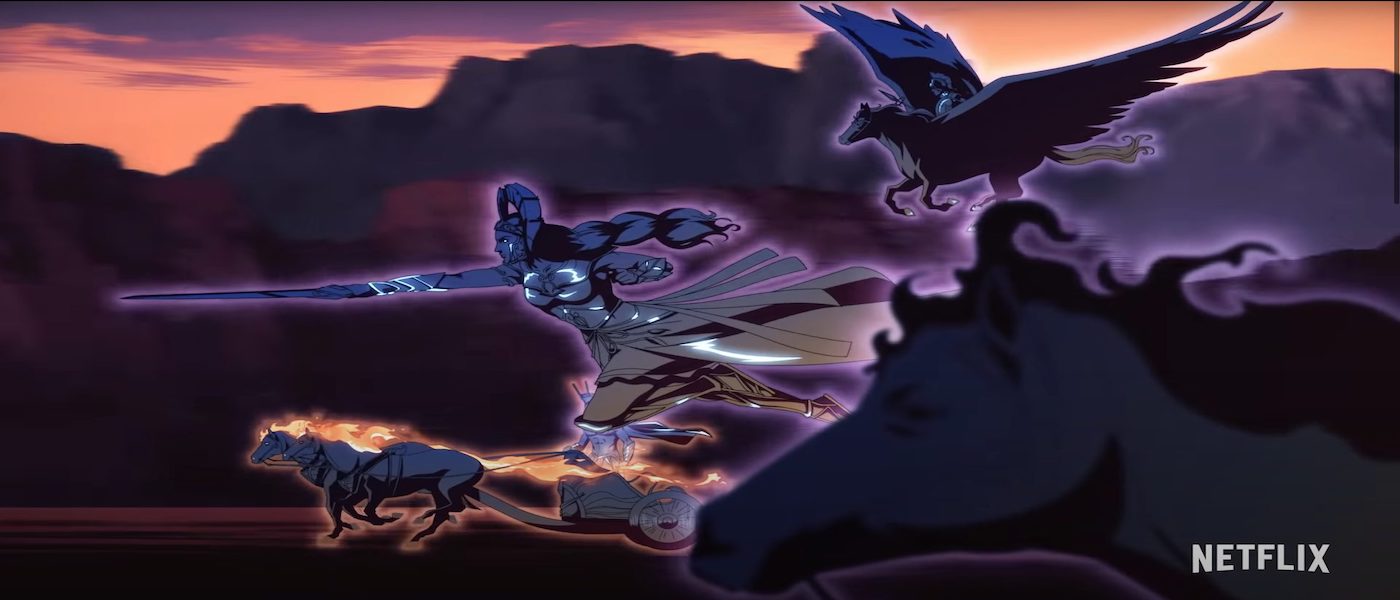
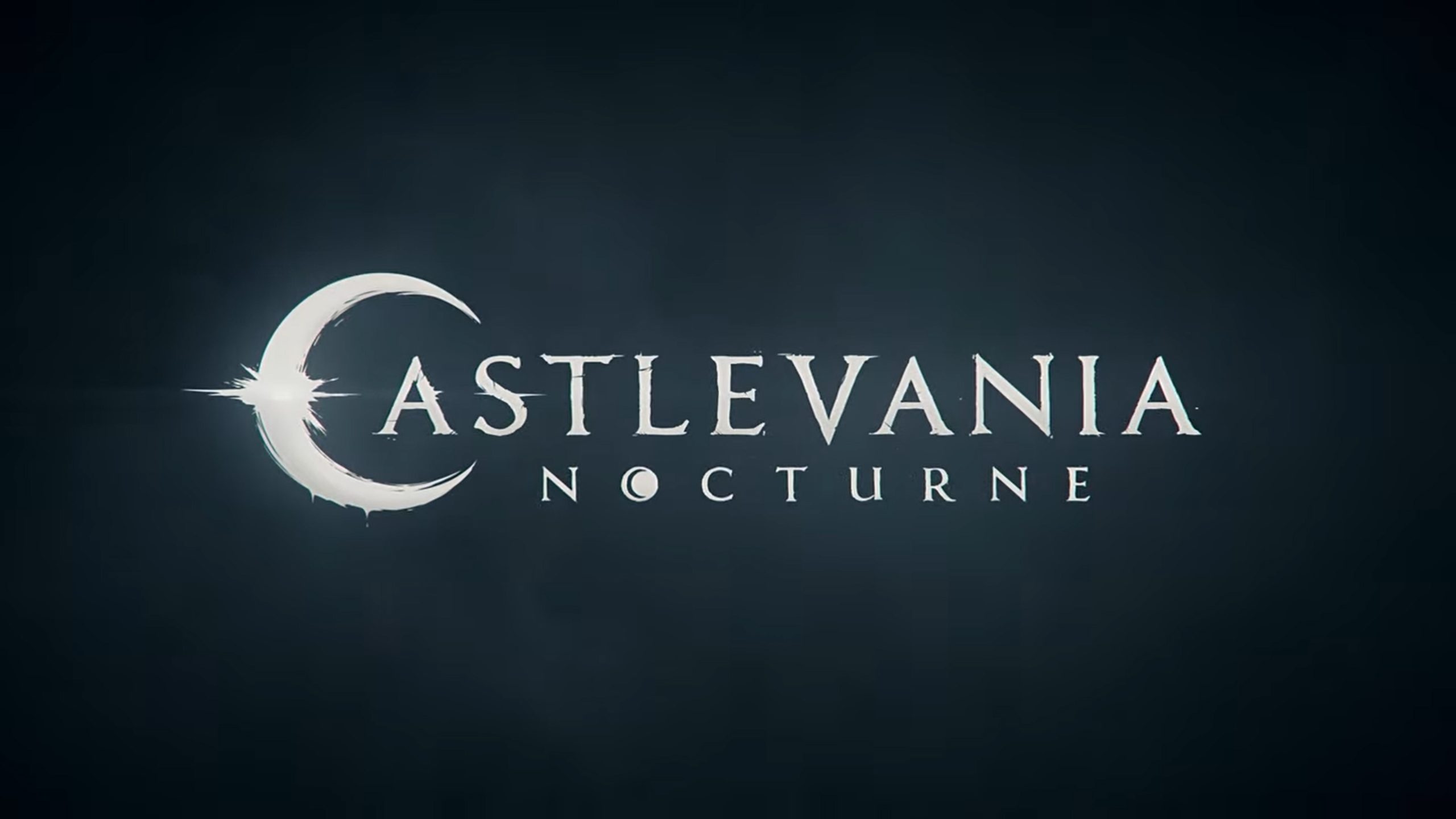

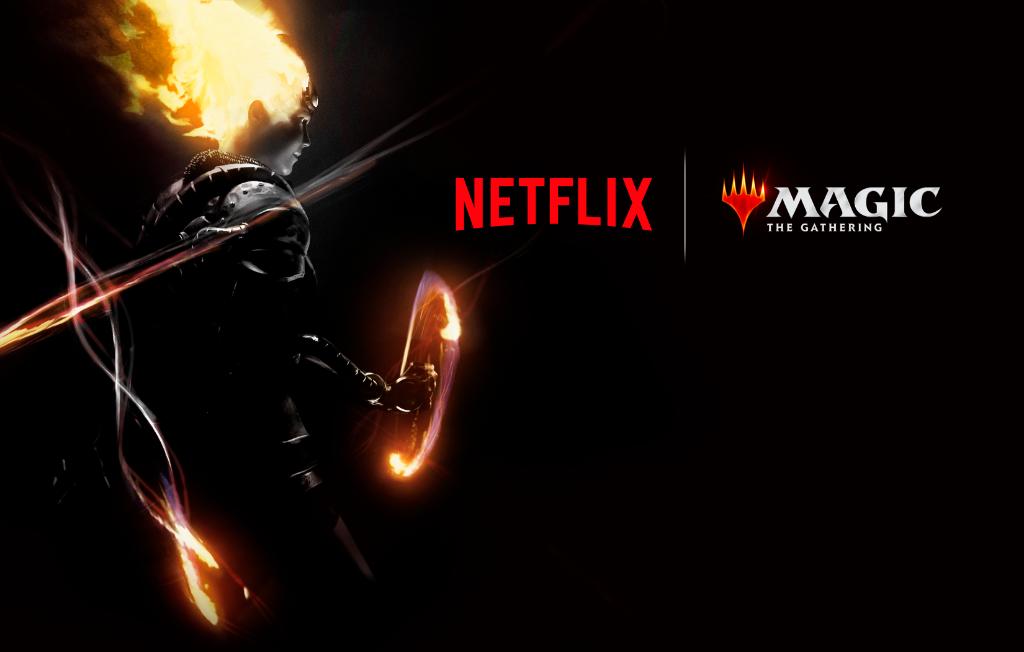
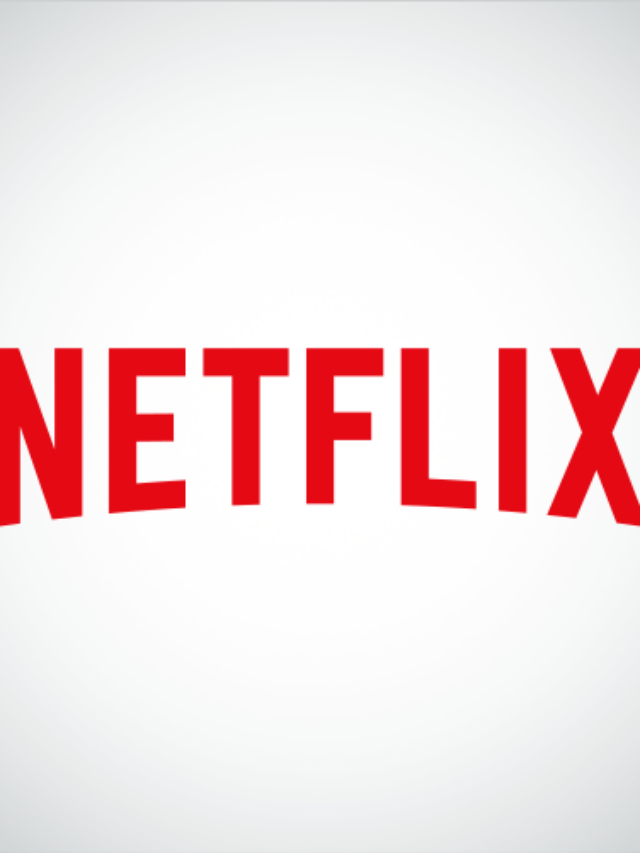
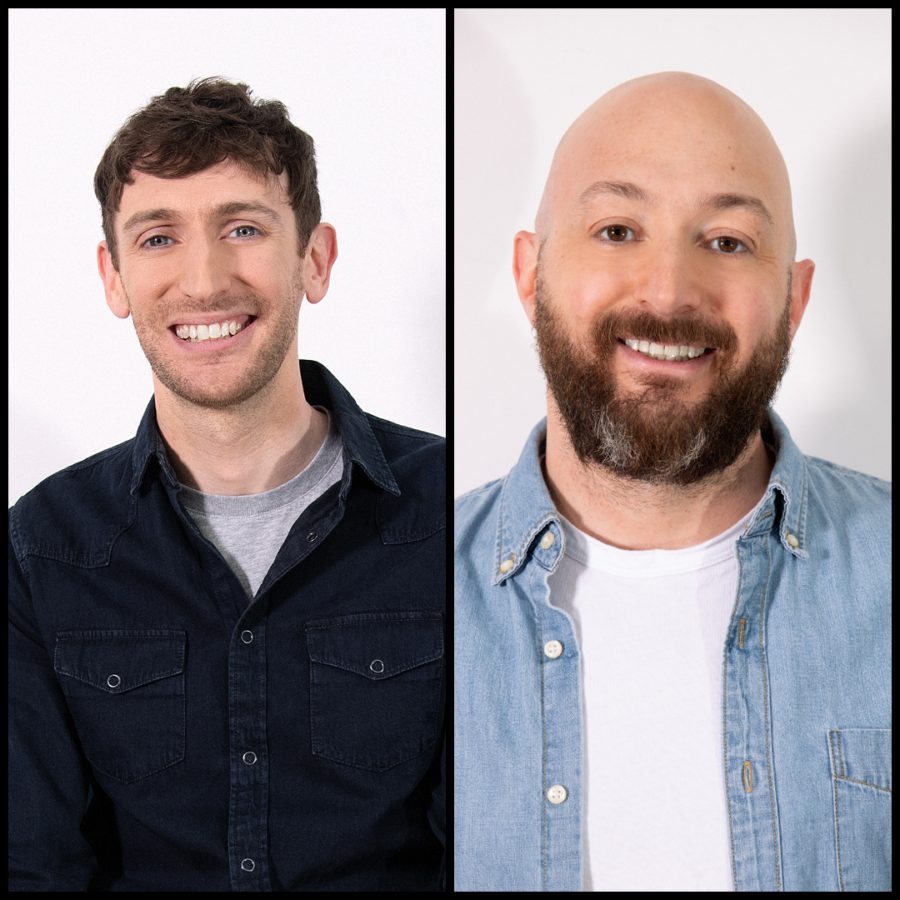

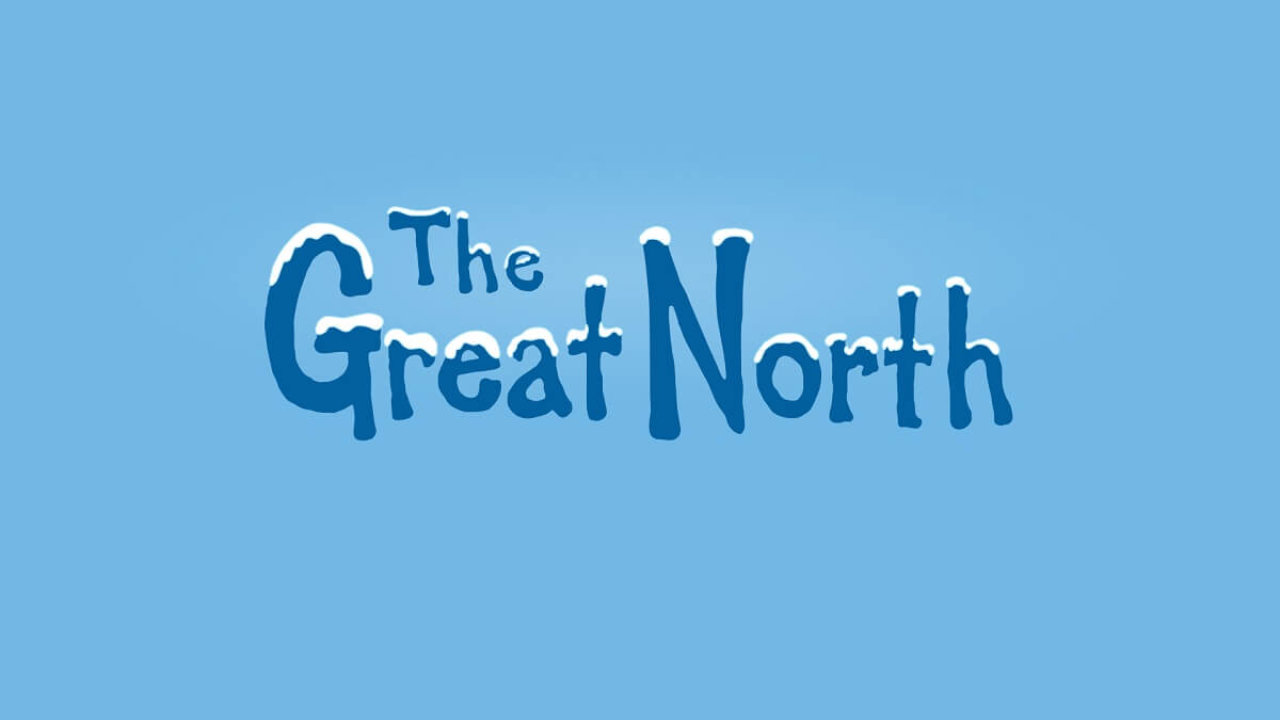
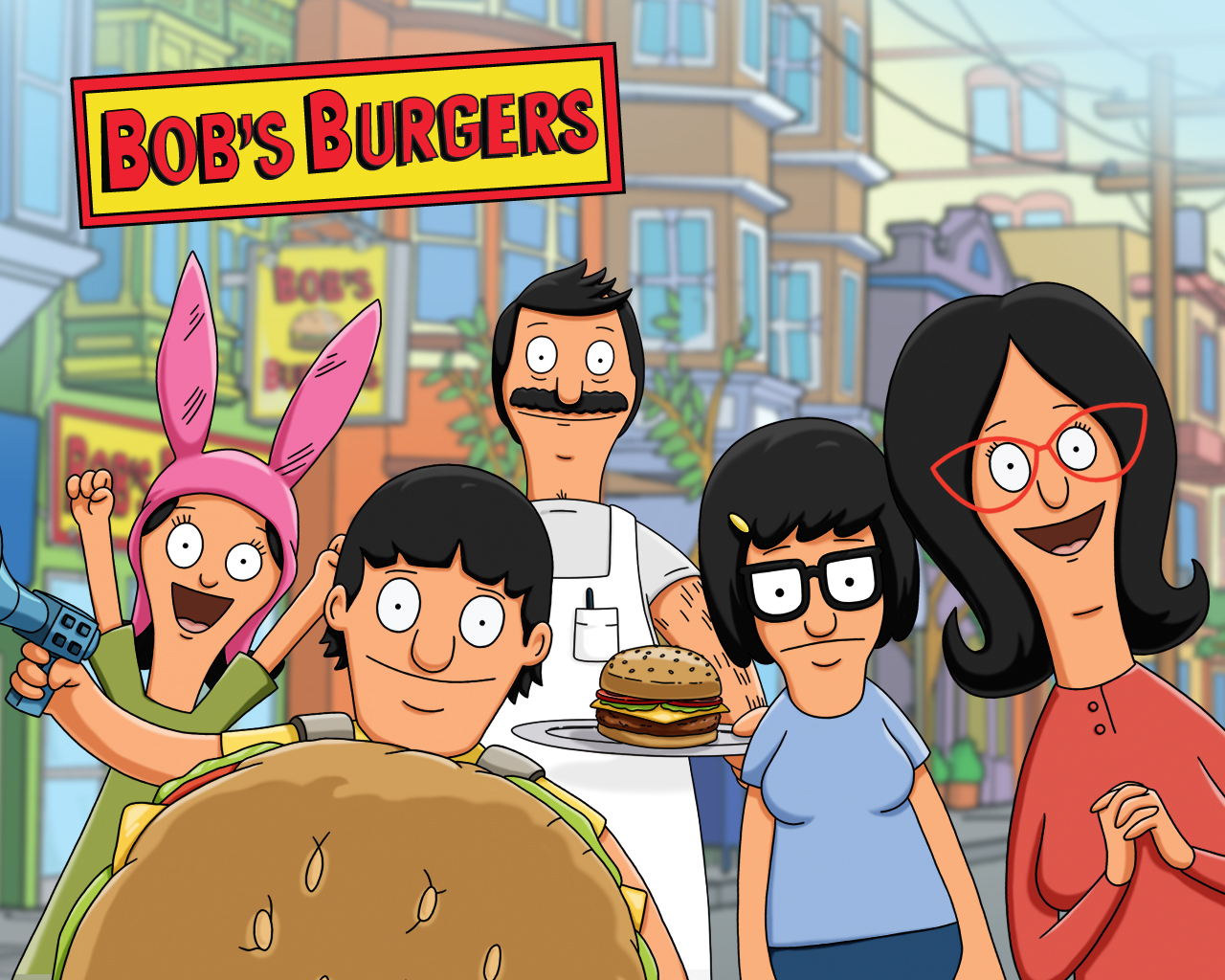










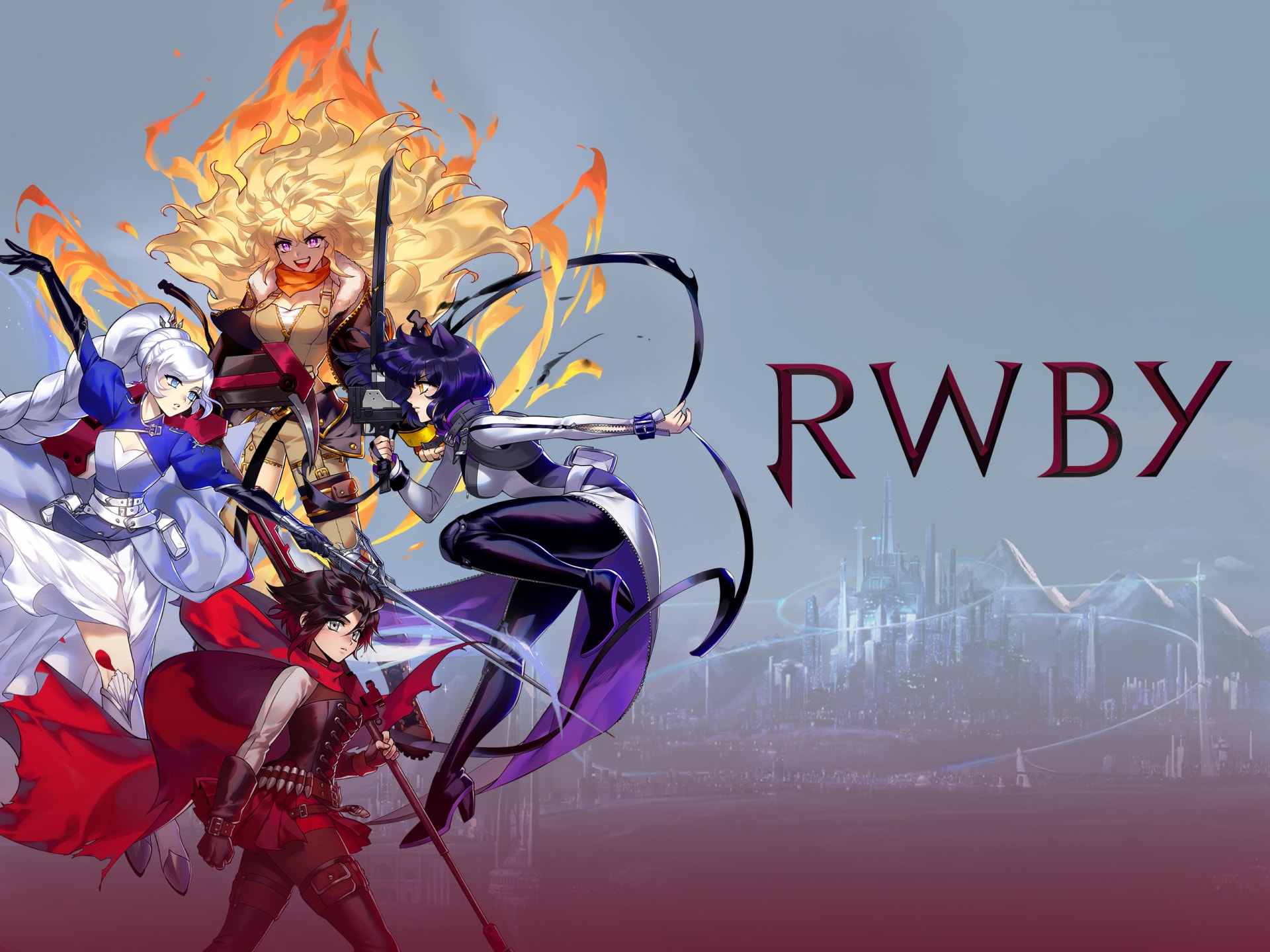





Just cancel this bird already. The chicken is beyond cooked. It's burnt to a crisp.